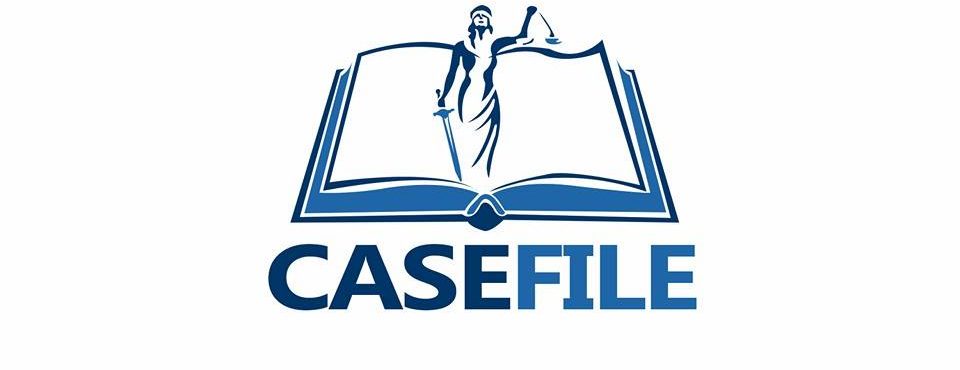Funke Busari, Lagos – Nigeria
Do you know of any court in the world where its judgements are complied with almost 100 per cent by contending parties?
It is an international court called the International Court of Justice, ICJ, based in Netherlands.
The ICJ was established in 1945; to decide legal dispute of the states submitted to it by UN member states as well as to give advisory opinions to the UN and its agencies, in accordance with international law.
Former President of ICJ, Judge Abdulqawi Yusuf disclosed that there is near-perfect compliance with its judgements by member states while speaking during a three-day virtual Journalist Programme on International Legal Order organised by the Dutch Ministry of Foreign Affairs in Netherlands recently.
Responding to queries from journalists, Judge Yusuf said, “It doesn’t normally happen that defending State would not comply with the decision of the court.”
He disclosed thus: 98, almost 99 per cent reverence is given to the Court’s decision, stressing compliance with the Court’s judgements have been complied with since it was established.
Reason for respecting the court, the former ICJ judge stressed, “Each member of the United Nations undertakes to comply with the decision of the International Court of Justice in any case to which it is a party.”
Judge Yusuf added, “If any party to a case fails to perform the obligations incumbent upon it under a judgment rendered by the court, the other party may have recourse to the Security Council, which may, if it deems necessary, make recommendations or decide upon measures to be taken to give effect to the judgement.”
Also said about the court, is that its operation is financed from budget provided by the UN.
About 39 journalists selected from African countries and their Netherlands counterpart took the tour as it were to the international capital of Justice – the Hague City, where ICJ which is the main judicial arm of the UN, the International Criminal Court, ICC, and the Permanent Court of Arbitration, PCA, are seated.
The familiarisation with the Courts criminal justice system, the procedures and the role of international justice in the West-African region and over 200 other international governmental organisations impressed the journalists.
This year also marks the 75th anniversary of the ICJ since it was established in 1945.
Speakers spoke about the challenges and successes of the ICJ, ICC and PCA in the Hague City of Justice.
Part of the presentations revealed that the court had delivered 79 judgements in the last 25 years.
According to Judge Yusuf, this translates to much more judgement delivered in its first 50 years of operations.
Presently, the dockets are full…,14 cases are pending before the ICJ.
The event which was held in both English and French emphasised that these Netherlands-based institutions channelled energies towards promotion of peace and justice among member states of the UN, who had signed on to its membership.
Of the courts – the ICC entertains hearing of criminal cases relating to genocide, crimes against humanity, war crimes and crime of aggression in order to end impunity for perpetrators of genocide or crimes against humanity.
Clemence Assou, while speaking about the role of the PCA, a dispute settlement mechanism for handling civil matters, the speaker harped that it is to prevent disputes from turning into conflicts.
She advocated that the PCA is a settlement mechanism where arbitration is recognised for settling disputes.
The court does not opt for a pre-trial or post-trial process, rather it is a court that promotes not going to trial at all.
Interestingly, an arbitrator does not necessarily have to be a lawyer in this type of court where proceedings are basically conducted in English and French.
However, Assou noted that proceedings are also held in a number of other languages including Spanish.
A former Dutch Ambassador to the United Kingdom, Simon J. H Smits, Ambassador International Organisations of the Ministry of Foreign Affairs, held that each embassy’s role is important in preventing conflict, he also noted that, “it is extremely important, prevention is better than cure… the sooner a conflict rears its head, you have to find a way to prevent it,” he said.
The event had participants including journalists from Benin, Burkina Faso, Côte d’Ivoire, Gambia, Ghana, Guinea, Liberia.
Others were from, Mali, Mauritania, Nigeria, Senegal, Sierra Leone and Togo.
Resource persons at the event include Janet Anderson – Justice Connection; Annedien Zander, Charlotte Bazuin & Maarten Schweers – Netherlands Enterprise Agency; Abigail Larbi & Rachad Bani Samari – Media Foundation for West Africa, MFWA; Thomas Verfuss – Journalists for Justice; Nora Stehouwer – Better Understanding; Theophilius Ayugane – Netherlands Embassy; Gijs Baller, Fadi El Abdallah; among others.


